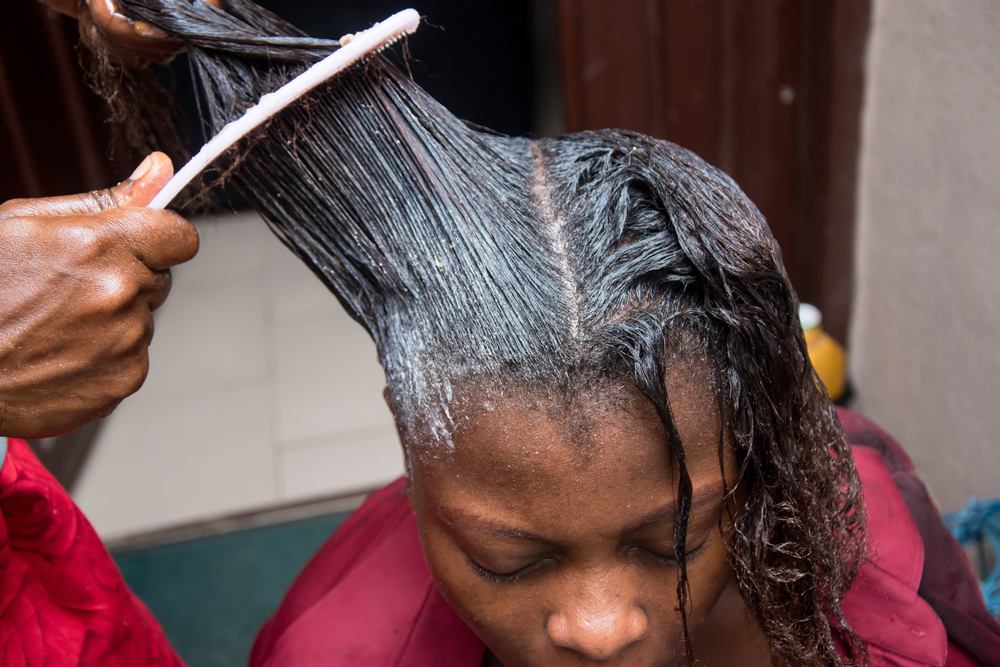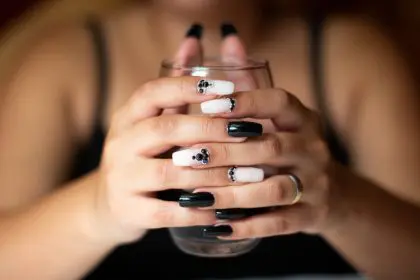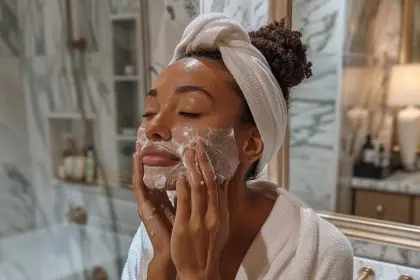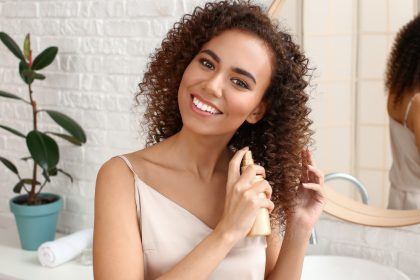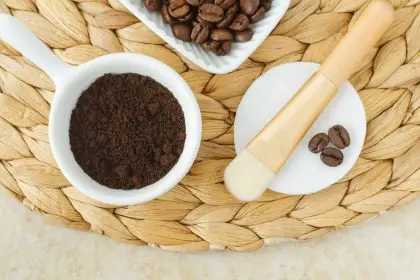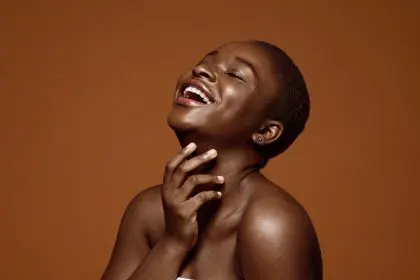For generations, Black women have navigated the complexities of beauty standards, often by using chemical hair straighteners. These treatments, while delivering silky straight hair, have come with their own set of health risks. Recent studies, such as one by the National Institutes of Health, have highlighted a concerning link between frequent use of hair straightening chemicals and a higher risk of developing uterine cancer.
The decline of chemical relaxers in the US
Armed with this knowledge, many Black women in the United States are now turning their backs on chemical relaxers. This shift is reflected in the market as sales of chemical hair relaxers have seen a nearly 10% decline from 2017 to 2022. The move towards natural hair care is also fueled by ongoing lawsuits against major beauty industry players, accusing them of failing to warn consumers about the dangers of their products.
Rising trends in Africa
However, as the American market experiences a downturn, the demand for chemical hair relaxers is growing in parts of Africa. Countries like Tunisia, Kenya, and Cameroon are witnessing an upsurge in sales. Beauty industry professionals in Nairobi, such as Joseph Kiemo, confirm that the use of hair relaxers remains as prevalent as in the past.
A new wave of natural hair advocacy
Despite the current trends, there is a wave of hope as more African women become informed about the potential harms of chemical relaxers. Entrepreneurs like Leshme de Bruyn in Cape Town, who runs a natural hair care line, are noticing a shift in mindset among the younger generation. They are choosing to embrace their natural hair, recognizing it as an integral part of their identity.
This cultural shift towards natural hair is more than just a beauty trend; it’s a movement that celebrates the inherent beauty of Black women and encourages a healthier lifestyle. As awareness grows, we can expect to see a continued rise in the embrace of natural hairstyles, both in the United States and across the African continent.

